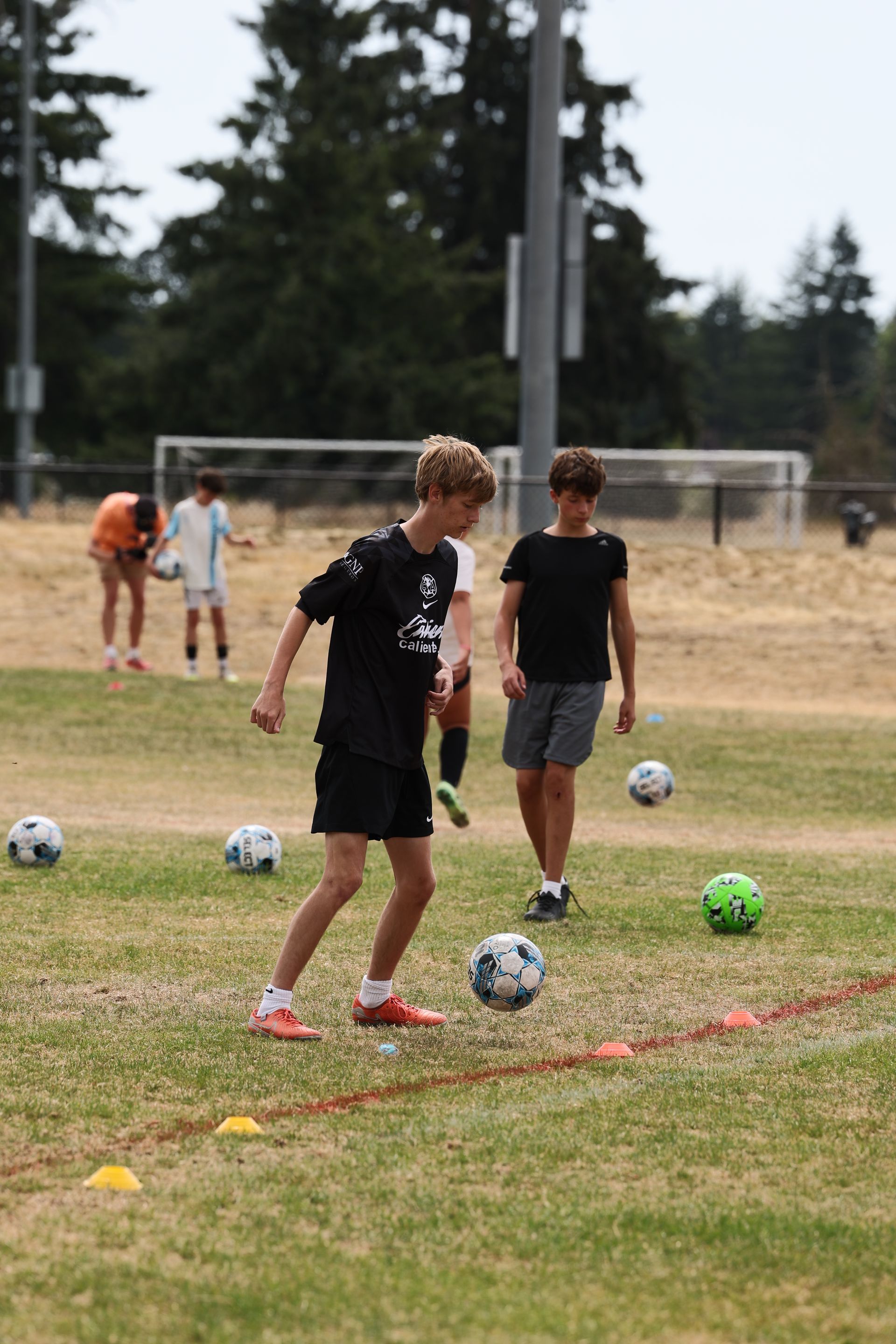
Our Need for Rest
Picture this all-too-familiar story:
It’s play-offs. The stands are packed. The winner of this game goes to the State Championship.
Seconds are left on the clock. The score? All tied up.
Then, the unthinkable happens: the home team’s best player gets injured at the most crucial moment in the game, he or she is escorted off the court/field, and the crowd is holding their breath.
Coach calls a time-out, takes the substitute by the shoulders, and begins to explain the new game plan.
The favorite player sees this and protests: “I can do it, Coach! Put me back in! Let me finish this!”
But the Coach knows something that player won’t admit: he/she needs to rest. The injury isn’t going to heal itself. And more games are coming.
The player needs rest because he/she (and the team!) will be better for it.
What Does the Bible Say About Rest?
We’ve all been there: rest is the last thing we want to do, but our body/mind demands it. This is because God designed us as limited beings… intentionally!
Our need for rest (physically, mentally, emotionally, spiritually) reminds us of our need for Jesus, and connects us to the pattern God established in the very beginning. He himself
rested from work in the act of creation (Genesis 2:2-3).
Rest is so important to the Creator that he included it in the 10 Commandments, given to his people in the book of Exodus (20:8-11). He called it “the Sabbath,” and on this day no one was to lift a finger. This commandment was intended to glorify God as well as to remind people that he alone was their sustainer and provider. And while it feels uncomfortable to cease striving and embrace dependency,
rest is a good, gracious gift.
In his time on earth, Jesus set an example of rest in the form of sustainable rhythms, too. Because he was fully God
and
fully man, he had a need for rest just like we do. He regularly got away to be with his Heavenly Father, and encouraged his followers to do the same (Mark 6:30-32,
Matthew 14:13,
Luke 5:16).
The Importance of Rest for Athletes
It doesn’t stop with spiritual rest. You need physical rest, too! There aren’t any (reputable) sources out there that don’t suggest that all athletes--on every level--need days off.
Check out what
Michigan State University has to say:
"Athletes understand the importance of exercise training for optimal performance and improvement. However, rest and recovery is also an important aspect of an exercise program because it allows the body time to repair and strengthen itself in between workouts. It also allows the athlete to recover, both physically and psychologically."
If that wasn’t enough, it turns out that you can actually decrease your athletic performance without adequate rest, what some experts call
overtraining:
"It’s admirable to train hard to succeed in your chosen sport. Logging many miles, spending hours at the gym and working hard day after day can certainly help you achieve your athletic goals. But too much training without sufficient recovery can hinder your progress — and even lead to a decline in your performance."
You won’t be at your best if rest isn’t a consistent part of your athletic rhythm. And your team will suffer, too! Thankfully, God included a
rhythm of rest and recovery into his plan for life.
But What If I Don't Want to Rest?
Let’s get right down to it: humans are stubborn. Sometimes we forget that we can’t do it all, or we just simply don’t want to rest (remember our favorite home team player from earlier?). There’s so much to do and accomplish!
But God, like that wise coach, reminds us that “sitting on the bench” to catch our breath or heal our mind/body is often the most successful thing we can do.
Restful Next Steps
What rest looks like for you depends on quite a few things. Thankfully, there isn’t a one-size-fits-all solution. Here are some ideas if you don’t know where to begin:
- Set aside a special day to celebrate what Jesus has done for you (a Sabbath!). Maybe it’s a Sunday spent with your church community, or a Saturday spent with your family in worship at home.
- Get alone with God daily, to abide in him. This could include reading your Bible, praying or meditating on Scripture, or another activity that helps you focus on Jesus, like signing up to receive FCA’s Daily Impact Play in your inbox!
- Get some sleep! The benefits of nighttime sleep cannot be overstated, especially if you’re an athlete.
- Take a break from your workout schedule. Even if it’s just one day off; do something fun instead–go on a nature walk, read a book outside in the sun, try a new recipe, etc.
- Create a weekly schedule that includes self-care.
The invitation of Jesus is to stop trying so hard, to take a break, to delight in him and in creation. Your body, mind, and spirit
need rest, and only Jesus can give it! He says this in
Matthew 11:
"Come to me, all who labor and are heavy laden, and I will give you rest. Take my yoke upon you, and learn from me, for I am gentle and lowly in heart, and you will find rest for your souls. For my yoke is easy, and my burden is light."
Have a question about
rest in Jesus? Here at Fellowship of Christian Athletes, we’re passionate about connecting with athletes and coaches.
Reach out today to chat!
Recent Articles












